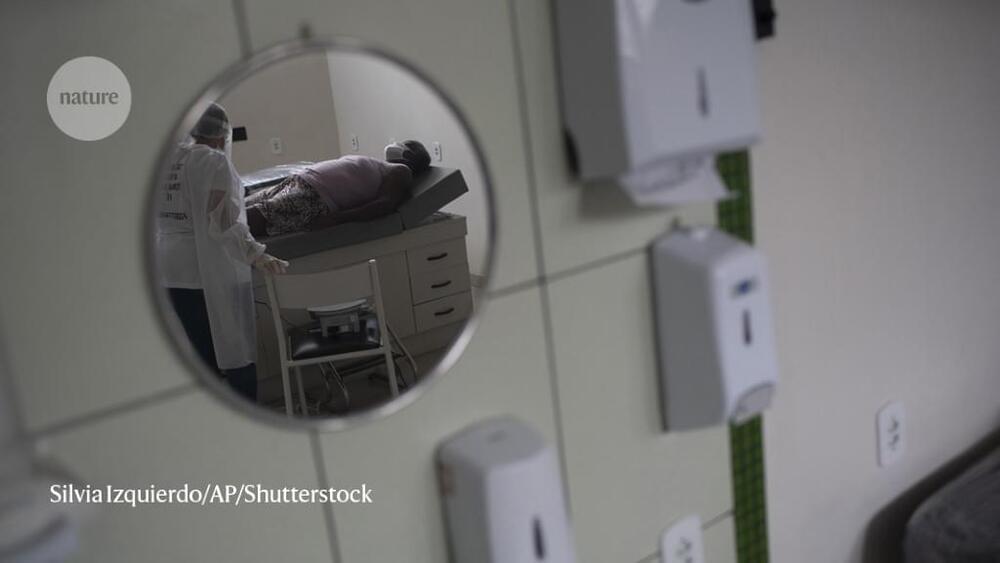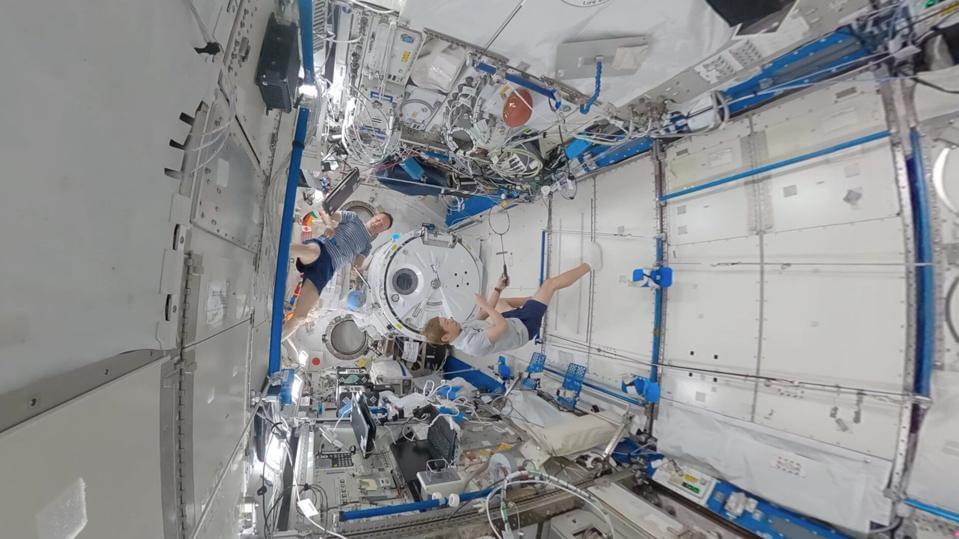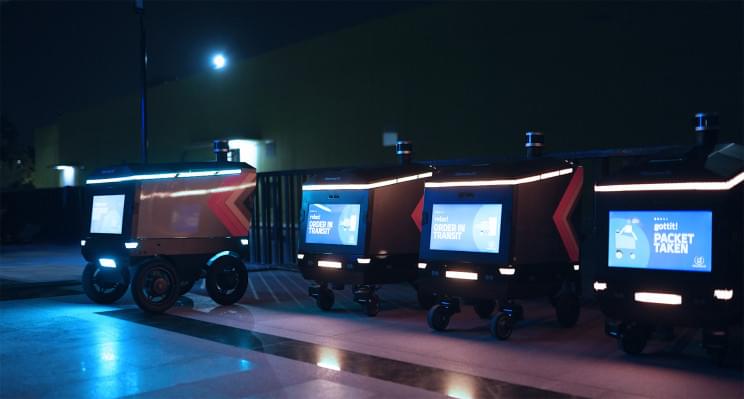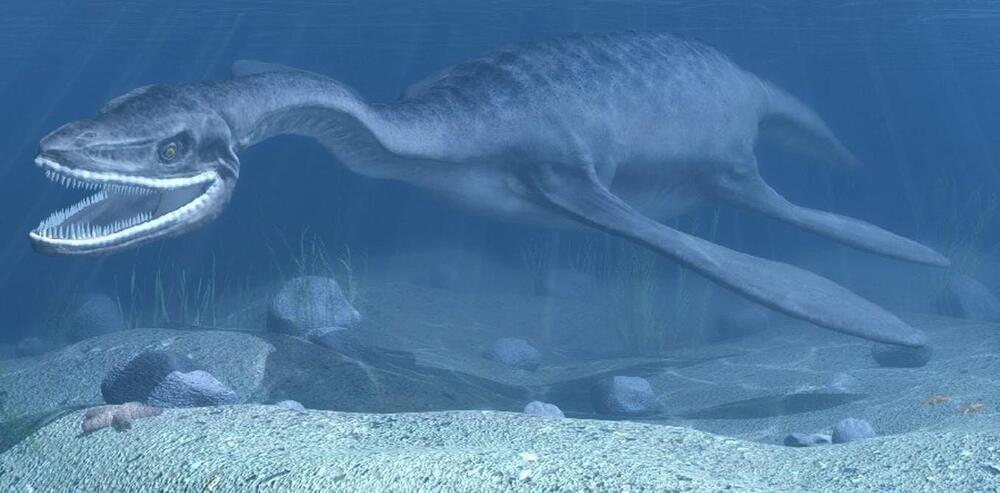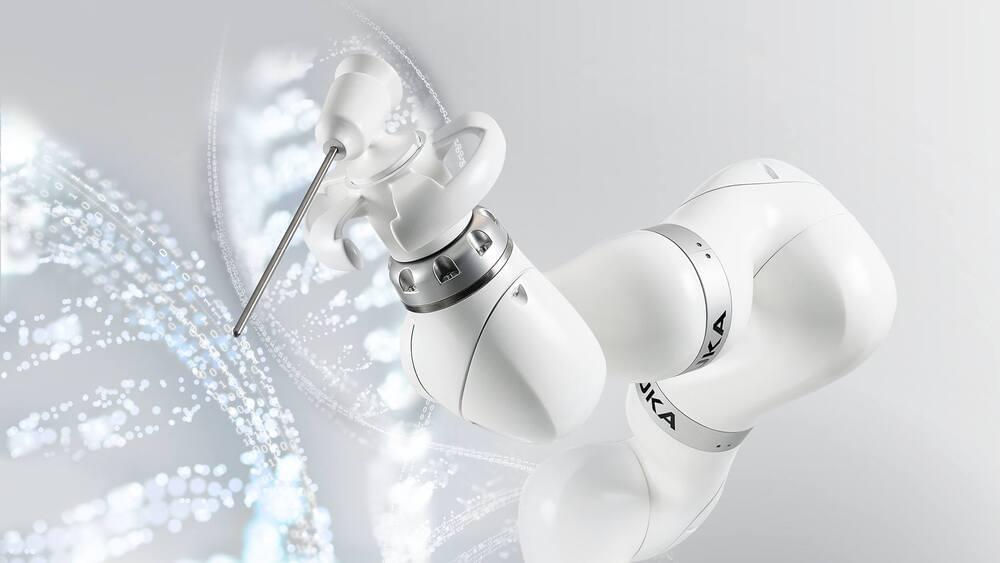Jan 5, 2022
Common antidepressant slashes risk of COVID death, study says
Posted by Omuterema Akhahenda in categories: biotech/medical, genetics, health, neuroscience
A cheap, widely available drug used to treat mental illness cuts both the risk of death from COVID-19 and the need for people with the disease to receive intensive medical care, according to clinical-trial results1. The drug, called fluvoxamine, is taken for conditions including depression and obsessive-compulsive disorder. But it is also known to dampen immune responses and temper tissue damage, and researchers credit these properties with its success in the recent trial. Among study participants who took the drug as directed and did so in the early stages of the disease, COVID-19-related deaths fell by roughly 90% and the need for intensive COVID-19-related medical care fell by roughly 65%.
Study co-author Angela Reiersen, a psychiatrist at Washington University School of Medicine in St Louis, Missouri, has long been interested in using fluvoxamine to treat a rare genetic condition. While monitoring the fluvoxamine literature before the pandemic, she came across a 2019 study showing that fluvoxamine reduced inflammation in mice with sepsis2. When COVID-19 hit, “I immediately thought back to that paper with the mice,” she says.
Reiersen and her colleagues partnered with the organizers of the TOGETHER Trial, which aims to identify approved drugs that can be repurposed to treat COVID-19. The team’s study included 1,497 people in Brazil who had COVID-19 and were at high risk of severe disease. Roughly half received fluvoxamine, and the rest received a placebo.
Continue reading “Common antidepressant slashes risk of COVID death, study says” »
